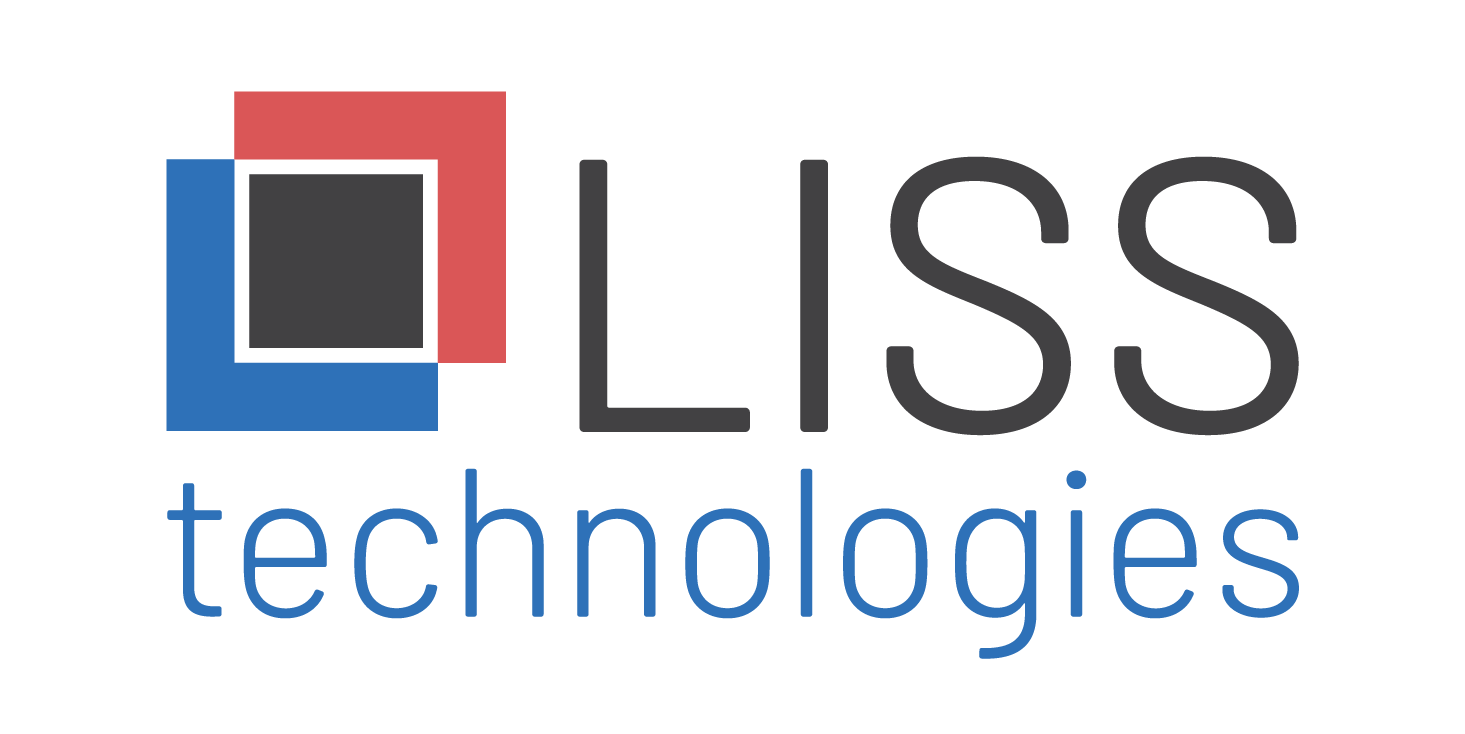
Determining whether private, public, or hybrid cloud tools are best for your particular organization is often a seemingly insurmountable challenge, or it can seem that way. Are you sacrificing security for mobility? Capability for scalability? The truth is that different cloud structures have advantages and disadvantages, but that doesn’t mean you necessarily need to make sacrifices.
At LISS Technologies, one of our core competencies is our suite of managed cloud services. The approach relies on consultation and close relationships as opposed to one-size-fits-all solutions. This means we take time to first understand the specific goals of your organization and then develop a custom solution.
Whether that solution involves migrating your data and processes to a public cloud like Amazon Web Services or entails a more complex integration of both public and private clouds with proprietary systems, we’ll get it done. All this being said, what are the specific reasons to approach a managed cloud solution in the first place? What advantages are there?
The Managed Cloud Services Advantage
A one-off project like a cloud migration may be extensive, but it is still a limited service. Instead, managed cloud services involve a holistic approach from migration and initial integration through ongoing maintenance monitoring and more.
Scalability
One of the primary advantages of cloud computing and storage is that it’s far easier to scale than with physical hardware. However, understanding how and when to scale something as basic as storage, for example, can be difficult without an experienced team at your side. Simply turning the dials up or down isn’t going to cut it, which is why we take the time to understand your short, medium, and long-term goals.
Mobility
If the COVID-19 pandemic has taught business leaders one thing (though there have been many) it’s that flexibility and agility in a workforce are essential components of a functioning organization. When the cloud affects nearly everything a business does, employees are able to do their work from anywhere—including collaborating with colleagues, sharing documents, and managing projects.
Cloud computing can’t replace the advantages of in-person company culture, but it can help your team adapt to changing circumstances with minimal disruption. To produce a cloud infrastructure that functions across the entire organization, an ongoing provider is necessary, especially in the long term.
Security and Recovery
Cloud-based business continuity planning means that, whenever a disaster or business disrupting event occurs, your organization could be back up and running in very little time. A managed cloud provider will be able to continuously monitor for threats and can maintain robust, redundant backups of your critical systems.
Plus, if private cloud backups are necessary, we can keep them at different physical locations to ensure recovery.
Reduce Your Costs
The bottom line is that managed cloud services reduce costs in a variety of ways. Worker productivity is bound to increase with greater flexibility and potential for collaboration, while costs associated with managing and maintaining your systems in-house is reduced.
There’s also the simple benefit of peace of mind. Not a monetary cost, but a managed cloud provider like LISS Technologies will save the mental cost that could otherwise be spent on furthering business goals.

About Us
At LISS Technologies, we develop advanced IT solutions that allow your organization to adapt to change, manage growth, and reach your business goals.
Services
Contact Us
PENN 1
250 West 34th Street, Suite 326
New York, NY 10119
15 Bryant Avenue, Suite 100
Roslyn, NY 11576


